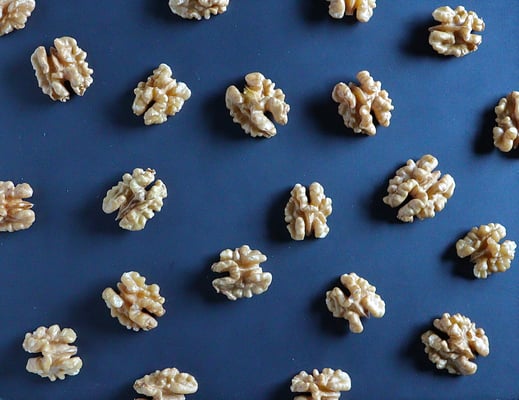Mind Your Health: BDNF for a Healthy Brain
For solving a difficult problem, using your imagination, or having a deep conversation, you need your brain. You know it’s an essential organ, just like your heart or your liver, and you should take care of your brain to protect it from disease and keep it functioning at its best. Increasing BDNF is one of many ways to improve your brain’s health.
BDNF is Brain-Derived Neurotrophic Factor. It’s a protein found in your brain. It supports nerve cell function and growth, allowing your brain to adapt, make connections, learn, and store memories. BDNF also plays a role in metabolism and blood sugar regulation and is interestingly found in your gut. BDNF helps to regulate your “second brain,” or the digestive nervous system of your intestines.
In your “first” brain, BDNF contributes to day-to-day function. It helps your brain learn from experiences, make new connections, solve problems, acquire new skills, and memorize information. It is especially important for storing short-term memories into long-term memory for later recall. Higher BDNF levels are associated with better mood and emotional stability. On the other hand, chronic stress can decrease BDNF levels, which contributes to anxiety, sadness or cognitive decline.
BDNF is not only important for daily tasks and functions. It also protects your nervous system from deterioration, and from toxins and injury that cause disorders like Alzheimer's, Parkinson's, Huntington's, and Amyotrophic Lateral Sclerosis (ALS).
In blood sugar regulation. BDNF promotes the process of insulin signaling, or the metabolic pathways your liver, muscles and fat cells take to manage or reduce your blood sugar level. This is especially important in conditions like diabetes where normal blood sugar, or glucose, control is disrupted or impaired.
In energy metabolism. BDNF is found in the parts of the brain that control appetite and the need for energy, so it can signal fullness and reduce the amount you eat. It also plays a role in how your body uses stored glucose. When BDNF is low, the body stores more energy as fat. BDNF has also been shown to improve the function of the mitochondria, the powerhouse of your cells. Mitochondria convert the food you eat into usable energy. This combination of factors may help with weight management if BDNF levels are supported.
How to increase your BDNF with lifestyle changes to support proper levels of BDNF:
- Increase BDNF with aerobic exercise and strength training
- Incorporate nutrients like omega-3s, flavonoids, and curcumin into your diet
- Manage stress and calm your mind through meditation or yoga
- Ensure you’re getting enough high-quality sleep
- Stay socially connected
- Engage in learning a new hobby or having trivia nights with friends
Obviously…your brain is important. You use it every day! Like any other of your body’s organs, take care of it.
Lila Tully, CHES
Health Education Specialist, ViaroThrive
For questions or comments, contact wellness@viarohealth.com



